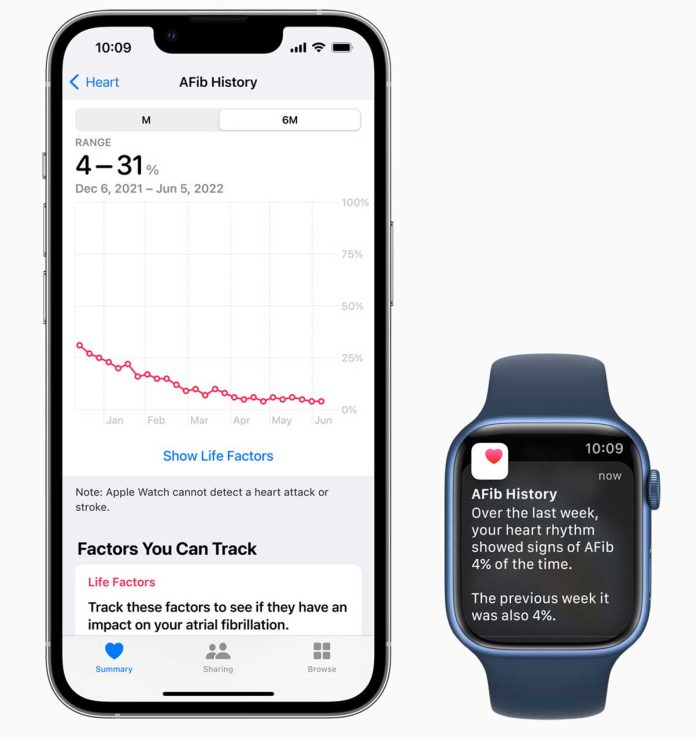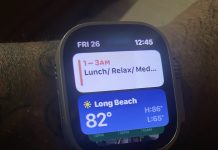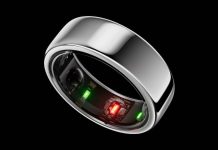Researchers from Norway have found that the Apple Watch could play a pivotal role for patients undergoing heart valve surgeries.
Irregular heartbeat after valve surgery increases the risk of stroke and death according to Michigan Medicine.
In the days and weeks after heart surgery, up to half of patients may develop an irregular heartbeat, or atrial fibrillation. Atrial fibrillation after mitral valve surgery is a common complication, with an increased risk of operative mortality.
Related Reading:
- FDA Qualifies Apple’s AFib History feature as an MDDT
- How to monitor & manage diabetes with your iPhone and Apple Watch
- Dr Tommy Korn shares his thoughts on how Apple Vision Pro can revolutionize healthcare
AFib is a malfunction of your heart’s electrical system, which powers the steady contractions that pump blood through your body. This is a common side effect for folks undergoing valve surgeries and is supposed to be temporary.
Most people’s heart rates are between 60 and 100 beats per minute.
But AFib brings a series of rapid, chaotic pulses that upset your heart’s rhythm and drive it higher or lower. When this happens, your heart doesn’t contract effectively — which means blood isn’t squeezed out properly.
The Apple Watch is a great tool that will help post-operative patients to closely monitor and look for AfFb signs.
Researchers at the University Hospital of Norway enrolled 105 patients of whom 93 completed the study.
All patients underwent single-lead ECG using the smartwatch three times or more daily on the second to third or third to fourth postoperative day.
These results were compared with continuous 2-4 days ECG telemetry monitoring and a 12-lead ECG on the third postoperative day.
On comparing the Apple Watch ECGs with the ECG monitoring, the sensitivity and specificity to detect AF were 91% (75, 100) and 96% (91, 99), respectively.
The accuracy was 95% (91, 99). On comparing Apple Watch ECG with a 12-lead ECG, the sensitivity was 71% (62, 100) and the specificity was 92% (92, 100).
The results of this study suggest that the Apple smartwatch single-lead ECG has high sensitivity and specificity, and might be a useful tool for detecting AF in patients after heart valve surgery.
Apple has been upgrading its cardiac monitoring processes on the Apple Watch. Last year, the company introduced the AFib history feature for the Apple Watch. The new feature, only available on the Apple Watch gives users a long term into the amount of time your heart shows signs of AFib.







